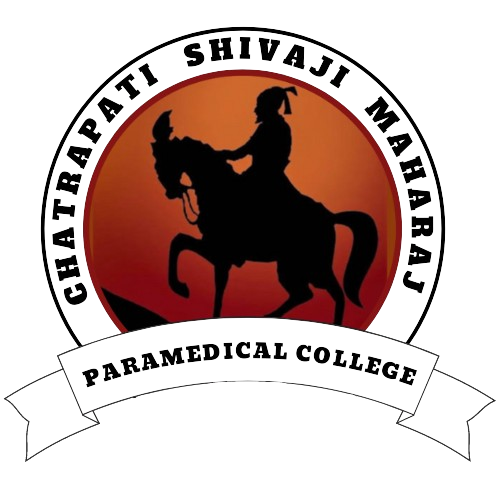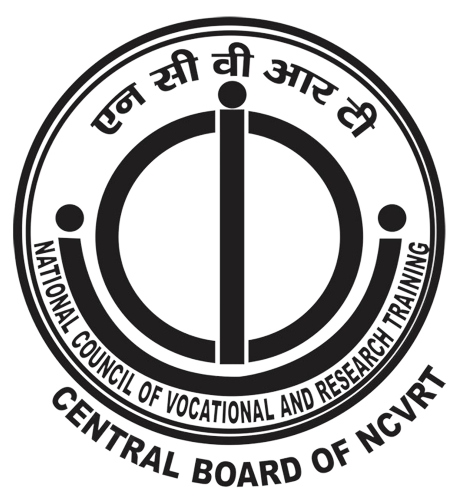Nursing Courses
B.Sc. Nursing course is an undergraduate program that prepares students for a career in nursing. It is designed to provide students with a comprehensive understanding of nursing principles, healthcare, and medical sciences. Here are some key features of the B.Sc. Nursing course

- Duration: The B.Sc. Nursing course typically has a duration of four The curriculum is structured to include both theoretical and practical components.
- Curriculum: The curriculum covers a wide range of subjects, including anatomy, physiology, biochemistry, microbiology, nursing foundation, medical-surgical nursing, psychiatric nursing, community health nursing, pediatric nursing, and obstetric nursing. The focus is on building a strong foundation in nursing theory and practice.
- Clinical Training: Practical training and clinical exposure are integral parts of the B.Sc. Nursing program. Students undergo clinical rotations in various specialties, gaining hands-on experience in delivering healthcare services.
- Internship: Like the GNM course, B.Sc. Nursing students often have to complete a mandatory internship or practical training period in hospitals or healthcare institutions. This provides them with an opportunity to apply their knowledge in real-world settings.
- Specializations: Some B.Sc. Nursing programs offer specializations in areas such as critical care nursing, cardiovascular nursing, oncology nursing, pediatric nursing, and more. Students may have the option to choose a specialization based on their interests and career goals.
- Certification and Registration: Upon successful completion of the B.Sc. Nursing program, graduates are eligible to apply for registration as a Registered Nurse (RN) with the nursing council in their respective country.
Career Opportunities: B.Sc. Nursing graduates have diverse career opportunities. They can work in hospitals, clinics, nursing homes, community health settings, and even pursue roles in research and education. The degree also provides a foundation for postgraduate studies in nursing.

What will you learn?
- Clinical Training: Practical training and clinical exposure are integral parts of the B.Sc. Nursing program. Students undergo clinical rotations in various specialties, gaining hands-on experience in delivering healthcare services.
- Internship: Like the GNM course, B.Sc. Nursing students often have to complete a mandatory internship or practical training period in hospitals or healthcare institutions. This provides them with an opportunity to apply their knowledge in real-world settings.
- Specializations: Some B.Sc. Nursing programs offer specializations in areas such as critical care nursing, cardiovascular nursing, oncology nursing, pediatric nursing, and more. Students may have the option to choose a specialization based on their interests and career goals.
- Certification and Registration: Upon successful completion of the B.Sc. Nursing program, graduates are eligible to apply for registration as a Registered Nurse (RN) with the nursing council in their respective country.
Practical:
Practical conducted in stimulated labs that are highly equipped with modern facilities to help students develop a broad understanding of fundamental concepts and learn how to operate different imaging equipment.
On-the-Job-Training:
Students are placed for on-job training to learn by observing and handling the job under the guidance of healthcare professionals. It provided them with a better industrial exposure to learn new skills in the real-working environment from healthcare experts.
Study Tours:
Industrial visits or study tours to leading hospitals to help them learn intricate nuances of X-ray and electrocardiogram procedures from professionals and ensure our students develop required competency mandatory for career planning.
FAQ
Most frequent questions and answers
GNM , also known as radiologic technologists, are medical support professionals who specialize in the operation of x-ray equipment. … Between procedures, technicians maintain x-ray equipment to ensure that it is in good working order.
10th passed from a recognized board.
BSc Nursing is a good career choice as radiography is a fast growing job market with a 21% projected increase from 2012 to 2022.
Bsc Nursing, also called radiologic technologists, operate imgaing machines to produce medical images of a patient’s body.
It is a fast growing career. Professionals having excellent technical and analytical skills are in great demand as they operate imaging technology equipment which helps doctors to diagnose illness.


